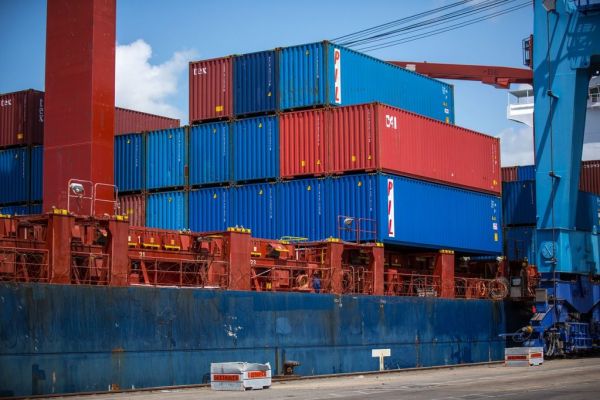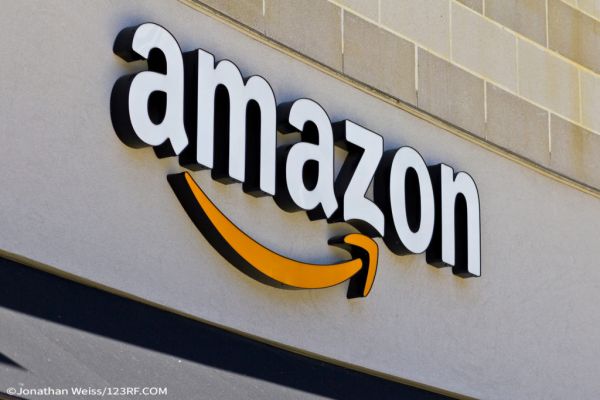The Bezos Earth Fund, established by Amazon founder Jeff Bezos, has announced the establishment of Bezos Centers for Sustainable Protein, as part of its commitment to food transformation.
Some $60 million (€55.1 million) will be invested on an initial basis, as part of a broader $1 billion commitment by the Fund to transform the world's food systems.
The Centers, the location of which has not yet been revealed, will seek to reduce costs, increase quality and boost the nutritional benefit of alternative proteins through the use of science and technology, the Fund said in a statement.
Currently, the production, at scale, of sustainable protein products, whether plant based, fermented, or cultivated, incurs high costs, with the resulting products often of 'limited quality', it added.
In addition, the Fund sees 'enormous opportunities' to enhance the texture and flavour of said foods through innovation in cell biology and engineering.
'Poised For Transformation'
Announcing the launch of the Centers for Sustainable Protein, Bezos Earth Fund vice chair Lauren Sánchez said, “We need to feed 10 billion people with healthy, sustainable food throughout this century while protecting our planet. We can do it, and it will require a tonne of innovation.
“Our world is poised for transformation, for a future not constrained by compromise. Solutions to our greatest challenges often come from the quiet persistence of those willing to question, reimagine, and innovate.”
Sustainable Food Production
The launch builds on an existing commitment by the Fund to support farmers and expand sustainable food production, including reducing methane from the livestock industry and innovating in pasture management, so as not to encourage deforestation.
According to the Bezos Earth Fund, achieving a more sustainable food system necessitates transforming both production and consumption practices. With projections indicating a 50% increase in food consumption by 2050 due to population and income growth, emissions from food production must decrease by 60%, and the strain on crucial forest ecosystems must be alleviated.
'New ideas, technologies, and behaviours can make this possible,' it said.











